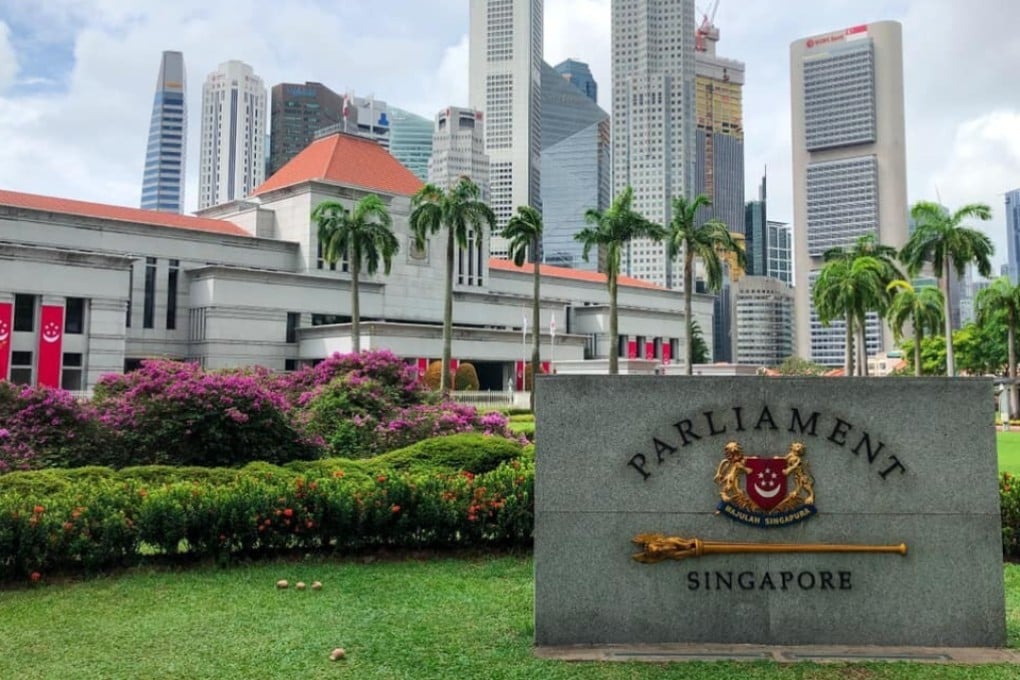Singapore officials defend CECA trade pact with India amid immigration concerns
- The 2005 trade pact is in the spotlight after opposition parties claimed it allowed unfettered access to Indian workers
- Singapore has been having an ongoing national debate on racism and ruling PAP politicians said criticism of the pact is fuelling anti-Indian sentiment

Criticism of the Comprehensive Economic Cooperation Agreement (CECA) has simmered for some time among the PAP’s adversaries, with the likes of the opposition Progress Singapore Party (PSP) and the Peoples Voice party highlighting the matter in last year’s general election.
The 2005 trade pact is again in the spotlight following an ongoing national debate on racism in the city state. Officials have charged that criticism of CECA – one of the country’s 26 free trade pacts – was in fact baseless and fomented anti-Indian sentiment in the multiracial nation.
The critics countered by saying the government was being too quick to label them as racists while not publicising data to back up the official position that the trade deal creates jobs for citizens.
Leong Mun Wai, an ex-banker who is one of the PSP’s two representatives in Singapore’s parliament, last month said the party accepted the PAP’s challenge for a parliamentary debate on CECA, adding that the time had come for a “rebalancing” of Singaporeans’ interests against those of expatriates in professional, managerial, executive and technician (PMET) roles.
Ong Ye Kung, a former top trade bureaucrat who now serves as health minister, told parliament on Tuesday that claims by parties such as the PSP had “stirred up a lot of emotions” among local workers facing challenges in the workplace.